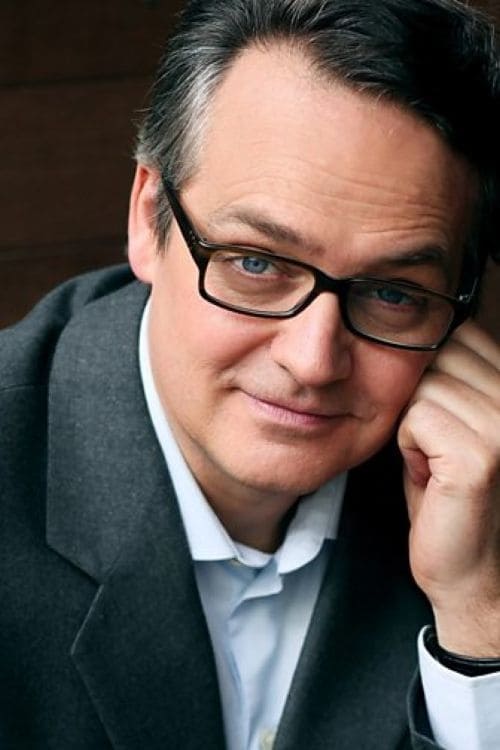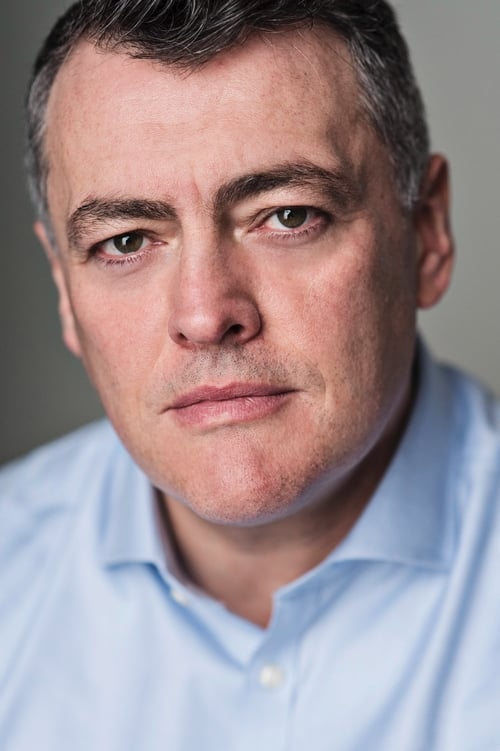Shepperton Babylon (2005)
장르 : 다큐멘터리
상영시간 : 1시간 0분
연출 : Ben McPherson
시놉시스
A sardonic look at the dark secrets of the British Film Industry of the 1920s and 30s, where scandal and sordid behaviour was almost as rife as in Hollywood.

영화 감독 알프레드 히치콕의 내면적 고뇌와 작품 세계를 그리는 영화.
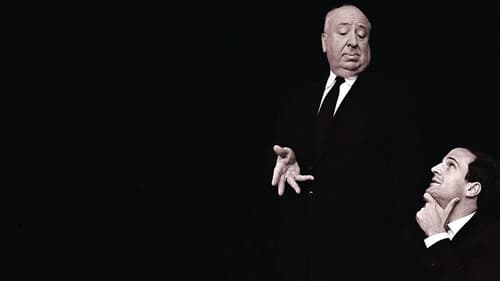
1962년, 프랑수아 트뤼포는 알프레드 히치콕에게 일주일에 걸친 긴 인터뷰를 제안한다. "새", "싸이코", "현기증", "이창" 등 숱한 명작을 남긴 ‘서스펜스의 대가’ 알프레드 히치콕과 그런 히치콕을 흠모했던 씨네필이자 ‘누벨바그의 기수’였던 프랑수아 트뤼포. 일주일간의 대화 속에서 드러나는 히치콕의 작품세계와 두 감독의 우정!
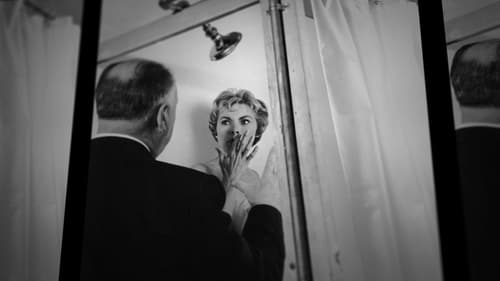
The most famous murder scene in movie history comprises 78 camera settings and 52 cuts: the shower scene in Alfred Hitchcock's Psycho. 78/52 tells the story of the man behind the curtain and his greatest obsession.

Director Alfred Hitchcock is revered as one of the greatest creative minds in the history of cinema. Known for his psychological thrillers, Hitchcock’s leading ladies were cool, beautiful and preferably blonde. One such actress was Tippi Hedren, an unknown fashion model given her big break when Hitchcock’s wife saw her on a TV commercial. Brought to Universal Studios, Hedren was shocked when the director, at the peak of his career, quickly cast her to star in his next feature, 1963’s The Birds. Little did Hedren know that as ambitious and terrifying as the production would be to shoot, the most daunting aspect of the film ended up coming from behind the camera.
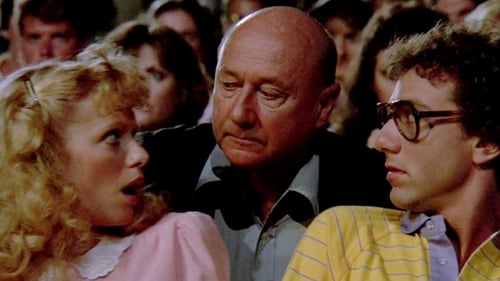
A non-stop roller coaster ride through the scariest moments of the greatest terror films of all time.
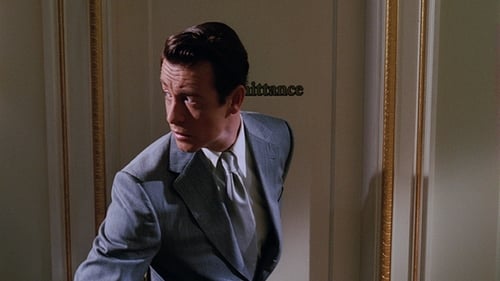
Finding an unfinished script written by Alfred Hitchcock himself, Martin Scorsese attempts to recreate it himself as Hitchcock would have.
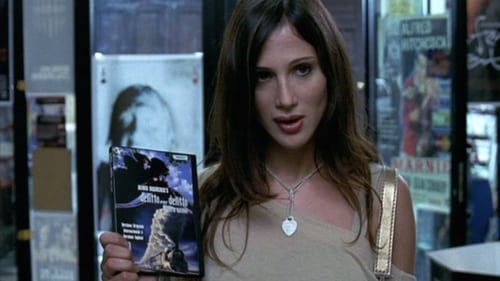
귈리오는 가끔 길 건너편에 사는 여자를 쌍안경으로 훔쳐보는 젊은 영화학도. 종종 엄마와 싸우는 모습을 그녀를 훔쳐보던 그는, 어느 날 그녀의 엄마가 시체로 발견 되자 범인을 추적하기 시작한다. 그 딸이 최근 비디오 가게의 한 남자와 알고 지낸다는 걸 알게 된 귈리오는 두 사람을 의심하기 시작하는데...
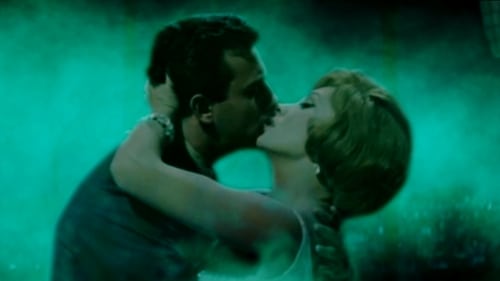
A tribute to a fascinating film shot by Alfred Hitchcock in 1958, starring James Stewart and Kim Novak, and to the city of San Francisco, California, where the magic was created; but also a challenge: how to pay homage to a masterpiece without using its footage; how to do it simply by gathering images from various sources, all of them haunted by the curse of a mysterious green fog that seems to cause irrepressible vertigo…

A short documentary about the Making Of Hitchcock's Shadow of a Doubt (1943).

A documentary about the making and restoration of Alfred Hitchcock's masterpiece "Vertigo." Narrated by Roddy McDowall, with behind-the-scenes talk from Barbara Bel Geddes, Henry Bumstead, Robert A. Harris, Patricia Hitchcock, James C. Katz, Kim Novak, Peggy Robertson and Martin Scorsese. Brings fresh perspective, not just to the film and the director, but to the Fifties Hollywood as well. [Included as extra with DVD release].

The film comprises edited excerpts from 40 Hitchcock films in six chapters, each focusing on a different motif that reveals some of Hitchcock’s dark obsessions and techniques.

A documentary about Alfred Hitchcock's classic 1954 film Rear Window.

Documentary short focusing on the making of Alfred Hitchcock's 1953 film I Confess.

This is a wonderful and revealing film about famed horror and suspense director Alfred Hitchcock. You'll see behind-the-scenes of some of his most famous films including Psycho, Rear Window, Dial M for Murder, Vertigo and many more! Containing interviews, unique production shorts, trailers, film clips, news segments, and more, this collection offers a rare look into the life and times of this man who became a Hollywood legend and the undisputed Master of Suspense!

Film director Hitchcock discusses his life and career in long talks with Pia Lindstrom (newscaster and daughter of Hitchcock star Ingrid Berman) and with film historian William Everson. Excerpts from several films illustrate these interviews. Discussion topics include: what is fear?, method acting vs. film acting, the difference between the usual "Who Done It" mystery and what he considers to be real suspense. His choice of leading ladies and why (Bergman, Baxter, Kelly, Marie Saint, Leigh, etc.).

One of the most iconic sequences in the history of Hollywood cinema (from Alfred Hitchcock’s NORTH BY NORTHWEST) is deconstructed and reassembled to illuminate the patterns, rhythms and choreography of the original so as to break through and make for an eight banded kinetic tour de force. As the piece progresses the temporal displacement of each band gets closer and closer until they all unite into a remarkable grand finale.

When characters stare at the camera in the films of Alfred Hitchcock, the look is almost always associated with the threat of death (through the eyes of a victim, a murderer, a witness). This momentary suspension between death and life is partly what makes Hitchcock the indisputable master of suspense.

Screenwriter John Michael Hayes reminisces about his partnership with Alfred Hitchcock during the making of the classic 1954 film Rear Window.

A sardonic look at the dark secrets of the British Film Industry of the 1920s and 30s, where scandal and sordid behaviour was almost as rife as in Hollywood.

Starting with her own memories of working as an actress on Abbas Kiarostami's Ten, filmmaker Roya Akbari proceeds to elicit other testimonies on the masters of Iranian cinema from three people who are themselves among the foremost Iranian directors: Rafi Pitts on Parviz Kimiavi; Amir Naderi on Sohrab Shahid Saless; and Bahram Bayzai on Arby Ovanessian. Bayzai also analyses Haji Agha, the Cinema Actor (1933) by Ovanes Ohanian, considered the first feature film made in Iran.
